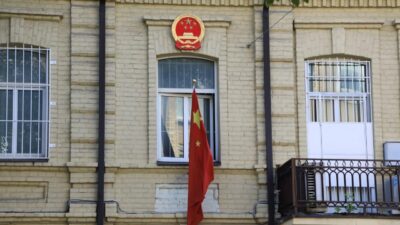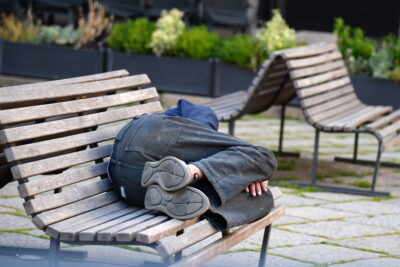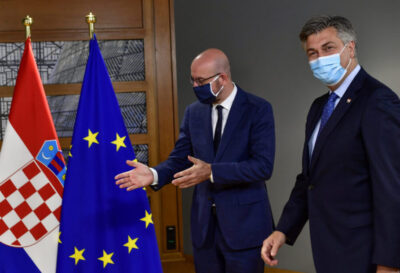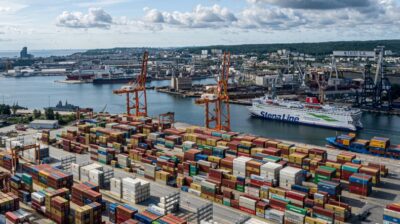The European Commission counters development of the oil shale sector in Estonia
For years, oil shale, with its similarity to coal, has played a key role in Estonia’s energy system. Currently, oil shale is burned for heat and power generation, or used (after processing) to produce liquid fuels (mainly marine fuel). To combat global climate change and environmental degradation processes, European Commission has prepared a new legislative package (Fit for 55),...
More →








![[Zdjęcie: Rafael Henrique/Zuma Press/Forum]](https://ies.lublin.pl/wp-content/uploads/2020/10/forum-0533640318-400x267.jpg)